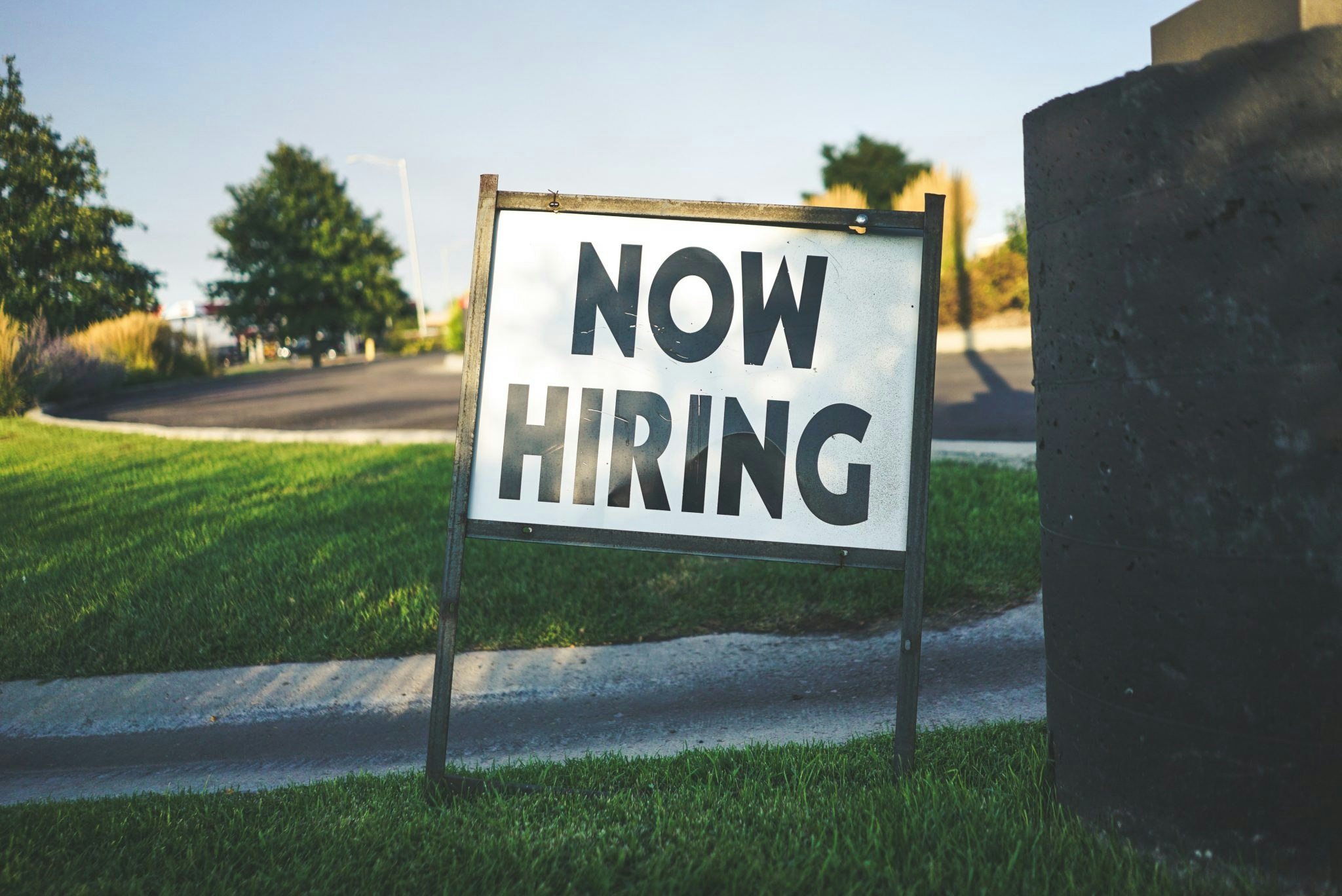As the lockdown period is (gradually) ending, it’s time for a first round of assessments on how the startup world has fared during the pandemic.
In particular, there’s a stark contrast between how entrepreneurs in Europe and those in other parts of the world, notably the US, have approached human resources. It’s difficult to gather comprehensive data due to the sensitive nature of such matters, but the many reports, both public and private, suggest it can be summed up in one phrase: US startups fired while European startups waited.
One reason for that contrast is that European startups generally raise (much) less capital than their Silicon Valley counterparts. Thus they rarely have the luxury of hiring armies of expendable employees, notably when it comes to customer service and sales. That makes firing in a time of crisis less obvious: if you didn’t raise as much money and couldn’t hire as many people, you also can’t downsize in the same proportions. When cash efficiency is an everyday rule, there’s less ability to adjust in a downturn.
US startups fired while European startups waited.
Another reason is that most European governments have made it particularly difficult to fire workers over the past few weeks. Their bet was that the economic crisis would be brutal but brief, and that the best policy would be to help businesses retain their employees, weather the storm, and get back on track once this is all over. This is why all the mechanisms that were put in place to provide government assistance had a string attached: startups would have to renounce firing employees if they wanted to get the money. The only option was to furlough those who couldn’t work under the present circumstances, with the government paying a large part of their salaries.
Historically, governments have tried to prevent companies from firing too fast in the face of an economic downturn because of a phenomenon that economists specialised in the labour market call hysteresis: high unemployment and deskilling persist long into the future, even after the factors that led to the downturn have gone away. If workers are unemployed for too long, not only does it reduce consumer demand in general, but it also makes it harder for those individuals to find their way back to new jobs even as the economy goes up again. To avoid that vicious circle, it’s important for governments to prevent mass unemployment in the first place and stabilise the economy during the downturn.
But are the rules still the same in an economy that’s increasingly dominated by startups and tech companies? Indeed, this is the first time governments in the most advanced countries have to react to an economic crisis in which startups represent such a large segment of the economy, both in terms of value creation and job creation (earlier this year the French government estimated that tech startups would represent one out five new jobs in 2020). Should we prevent startups from firing employees like we used to do with manufacturing companies in the 20th century?
In the times before the Covid-19 crisis, I’d usually explain that downsizing is often not an issue for startups, because they traditionally go in one of two directions: either they grow fast and their big problem regarding their workforce is hiring rather than firing; or they enter a spiral of failure that, considering the high competitive pressure in the startup world, usually leads to a prompt death. Firing many employees while the business is ongoing is simply not a challenge many startups have to tackle.
The European tech world should also see the upside of shaking up organisations and repositioning companies.
Meanwhile, governments and society at large tend to only see the downside of companies laying off workers. But in an economy marked by widespread instability and continuous innovation, the European tech world should also see the upside of shaking up organisations and repositioning companies. Any startup that successfully does so right now will find themselves in a better position in terms of cash on hand and operational agility, thus being able to make the most of the recovery that will inevitably follow. And while some may find this to be a bit callous, I’d point out that it’s exactly what’s currently happening with the many severely restructured startups in Silicon Valley (here’s a provisional list), China (which had mass layoffs at the likes of Tencent and JD.com in March) and Israel.
What’s more, those who try to stay put are certain to struggle in a world radically transformed by the pandemic. Not only will the inertia of these months result in less kinetic energy when the opportunity to rebound comes, but there’s also a high probability that the structure of companies kept intact during the crisis will end up being ill-fitted to the post-Covid-19 world.



